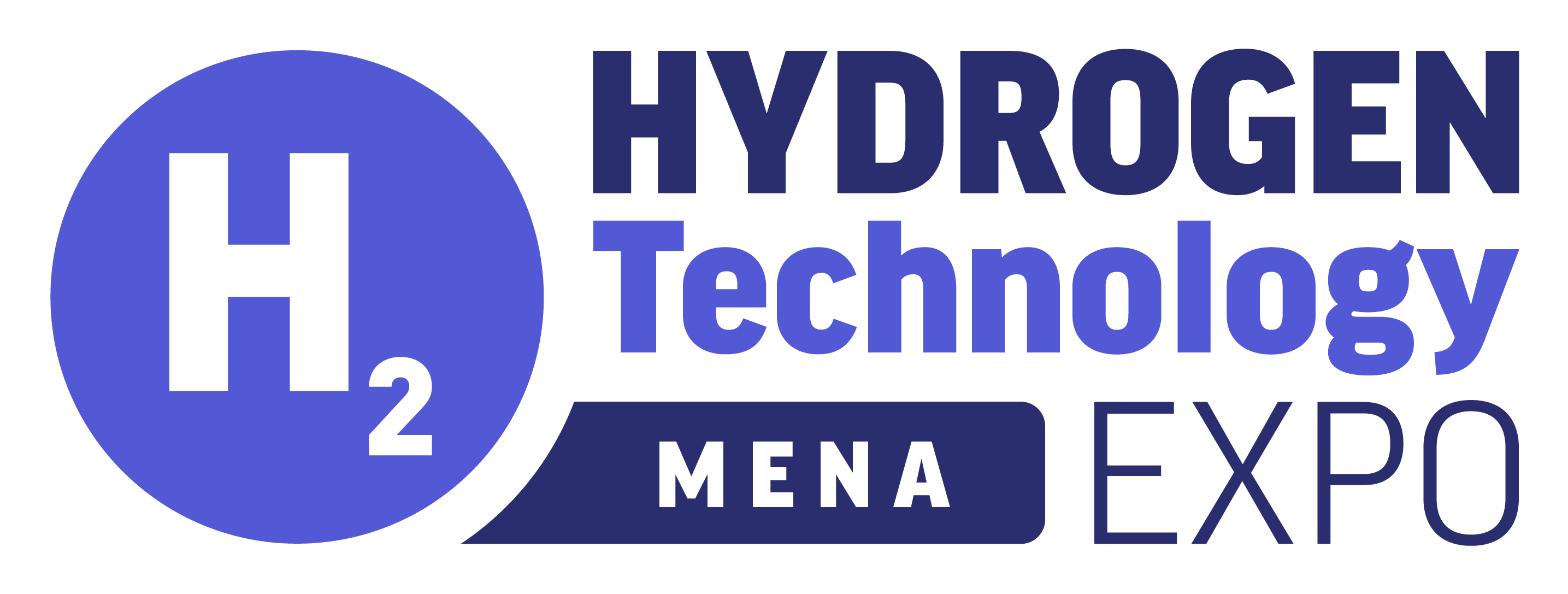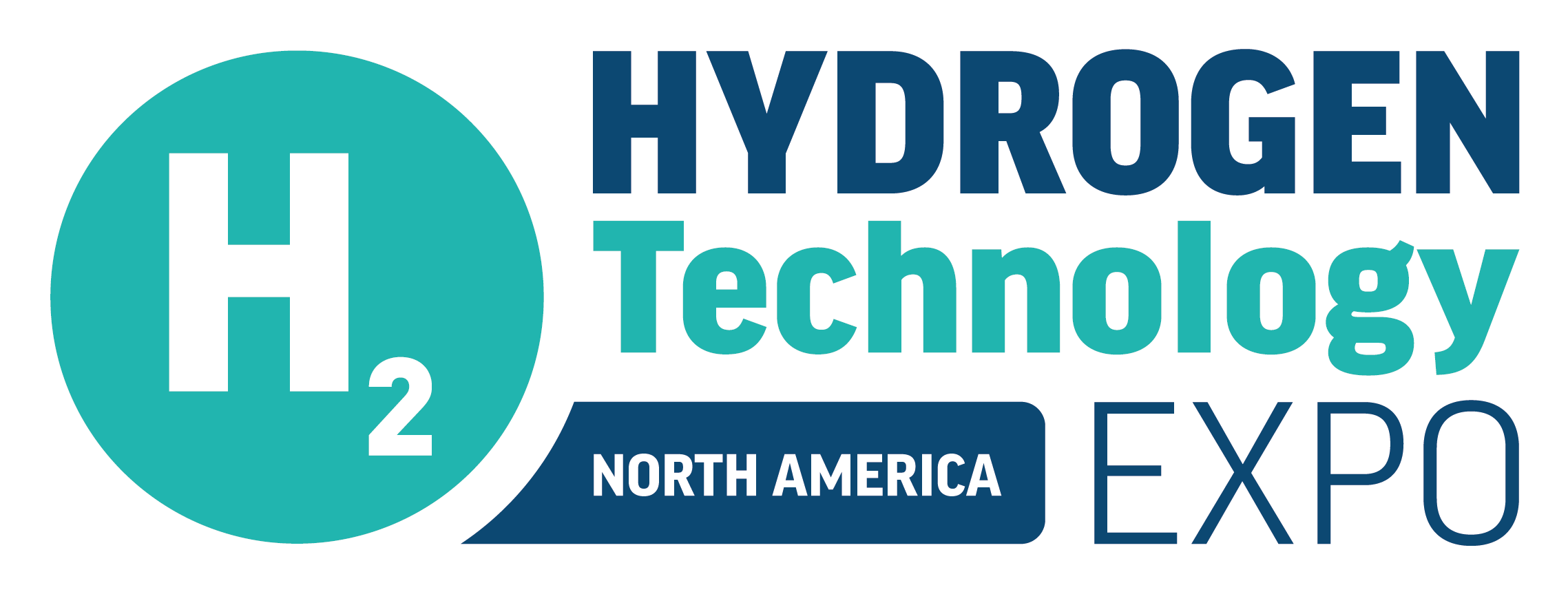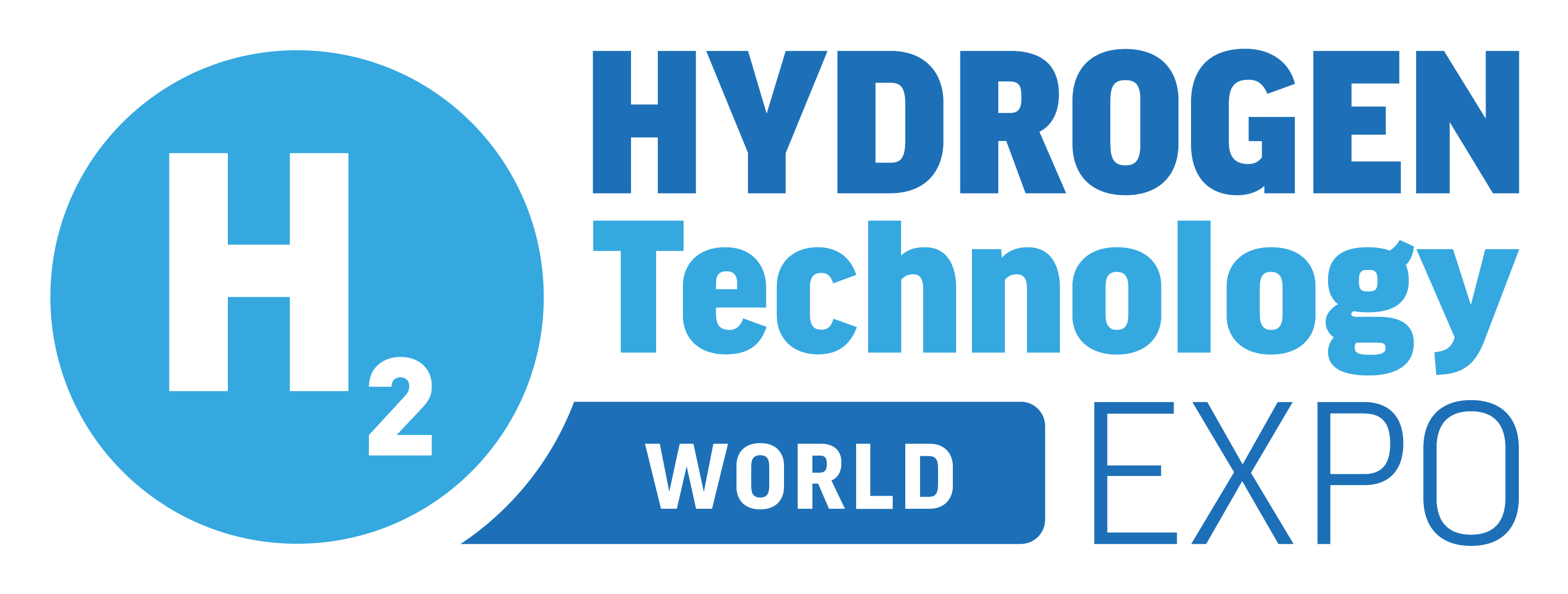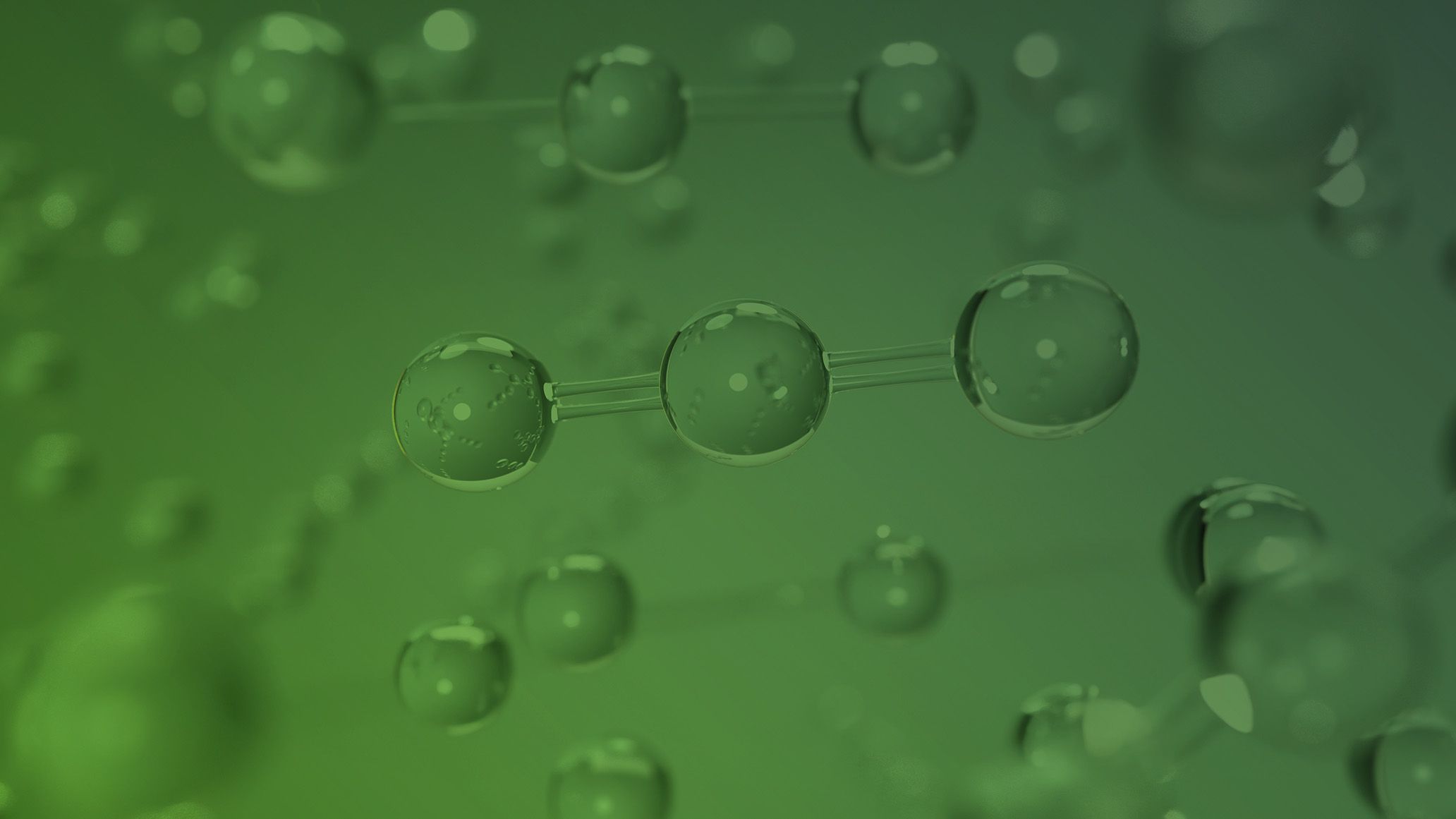Carbon Iceland has launched its project ‘turning CO2 from smelters into renewable fuel’
)
It was recently announced by Carbon Iceland that they will be undertaking a new project which will involve the company capturing emissions from the largest smelters in Iceland. The company have agreed to start with Norðurál who is a Century Aluminium Company and from there, Carbon Iceland will move onto other businesses.
The reasons why Carbon Iceland are interested in doing this, is because this project aims to help Iceland significantly to reach emission reduction targets for 2030 and 2040, as per the Icelandic government’s agreement.
Part of this process will involve Mitsubishi Heavy Industries providing an optimal capture technology solution for the project and another company who has agreed to take part is Siemens Energy. Simens Energy will be involved with developing the project’s Energy System Design Optimisation, due to their experience with hydrogen production technology and Power-to-X.
The support from this company will make it possible for Carbon Iceland to capture more than one million tons of CO2 on an annual basis and this CO2 will be used to create renewable fuel for the Icelandic fishing and maritime industries, as well as other transportation vehicles and equipment.
On the 17th and 18th of October, a project introductory meeting was held in Reykjavik and at the meeting, the Minister of the Environment, Energy and Climate, Mr. Guðlaugur Þór Þórðarson met with Carbon Iceland and the company’s partners. Along with this, the Carbon Iceland team also met with the President of Iceland, Madam Halla Tómasdóttir and during this meeting, they introduced the large capturing plan and to production of renewable fuel for Iceland’s industries.
So far, Útgerðarfélag Reykjavíkur has signed an off-take agreement with Carbon Iceland, effectively securing renewable fuel for the company’s Factory Vessel, Guðmundur í Nesi RE-13 and this agreement will be effective for many years. Útgerðarfélag Reykjavíkur has previously carried out work on Guðmundur í Nesi RE-13 and this work has involved modifying engines to be ready and suitable for the future of renewable fuels.









)
)
)
)
)
)
)
)
)
)
)
)
)
)
)
)
)
)
)
)
)
)
)
)
)
)
)
)
)
)
)
)
)
)
)
)
)
)
)
)
)
)
)
)
)
)
)
)
)
)
)
)
)

)
)

)
)
)
)
)
)
)
)
)
)


)
)
)
)
)
)

)
)

)
)
)
)
)
)
)
)

)
)
)

)
)
)
)
)
)
)
)
)


)
)
)
